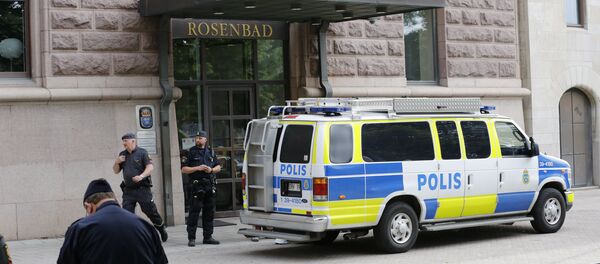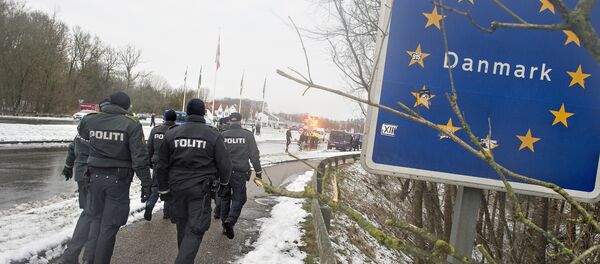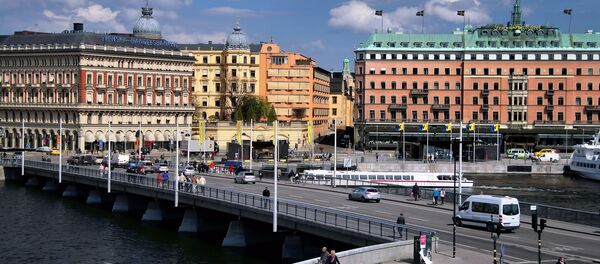Sigtuna Municipality, which lies between Stockholm and Uppsala and has a population of 45,000, was reported to be spending over 3 million SEK annually ($350,000) on extra security guards.
"The visible police resource in the municipality has been gradually reduced, and the need for uniformed personnel that make the residents feel safe has increased. Given this, the municipality doesn't have many options left other than to turn to private security companies," Thomas Mileborn, head of security in the municipality of Sigtuna, told Swedish Radio.
"In the past year, this [the procurement of public security services] has become very common. The security issue has come into focus more than ever. Municipalities want security officers in public places to prevent crime and provide security," Björn Ericsson told Swedish Radio.
Predictably, the survey's findings stirred criticism in Sweden, where the state is expected to guarantee citizens' security. According to Alice Teodorescu, a columnist from the Swedish daily newspaper Göteborgs-Posten, the fact that municipalities have to pay extra for measures that should be included in police's core mission is downright astonishing.
"Even more serious is that the citizens of a welfare state, with one of the world's highest tax burdens, can no longer put their faith in the state for performing its part of the social contract. How will tax morale be affected as citizens realize that they are expected to pay increasingly for a construction that gives less and less in return?" Teodorescu asked rhetorically.
The Swedish police force, which has found itself dealing with underfunding and the raging migrant crisis, is plagued by severe staffing problems. At least three Swedish policemen quit each day, mostly citing low wages, an excessive workload and job-related stress. With a constantly shrinking police force of under 20,000, Sweden is believed to be incapable of dealing with the issues of terrorism, organized crime and the migrant crisis.
Polis, polis, polis i kris. Då är det inte begåvat med sänkta krav.https://t.co/7sBKNfMCAl?
— Lena Nitz (@LenaNitz) 13 июля 2016 г.
Aside from nascent terrorist threats, some of the hardest challenges to meet for Swedish police are the 65 officially recognized "exclusion areas," which are in effect ghettos with lawlessness and heavy crime. In these "no-go zones," police and fire brigades are often met with clubs and stones.
To this should be added that the Swedish police, despite the allocation of several billion kroner extra, currently have the lowest crime detection rate in 16 years. In 2015, the police only solved 14 percent of crimes, compared with 18 percent five years ago. The decline is manifest in all police regions and all crime categories.






